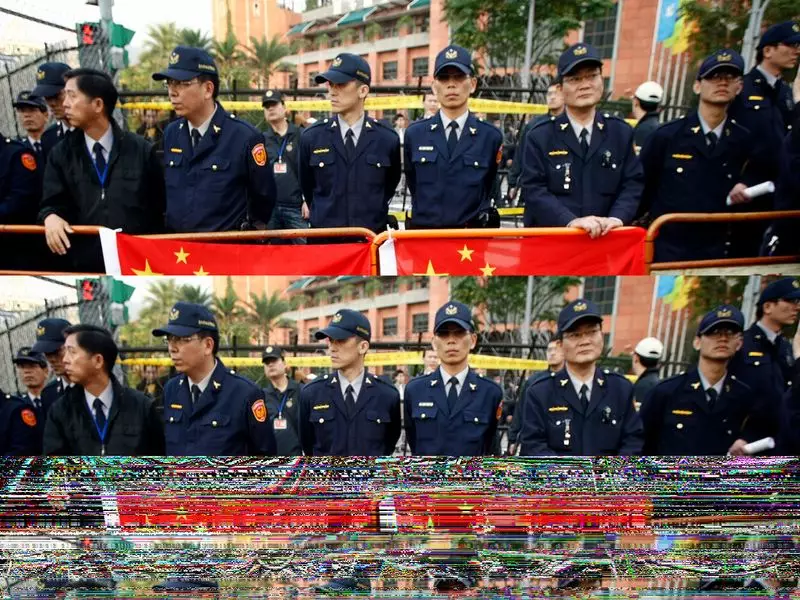
In a decisive move to safeguard national sovereignty, Taiwan has significantly strengthened its security legislation to combat what officials describe as an escalating threat of Chinese espionage and political infiltration. The legislative amendments, passed with substantial support, represent Taipei's most robust response yet to Beijing's alleged covert operations.
Expanded Legal Definitions and Enhanced Penalties
The revised laws introduce comprehensive changes to Taiwan's security framework:
- Broader Espionage Definitions: The legislation now explicitly criminalizes unauthorized collaborations with foreign entities that threaten national security
- Increased Penalties: Maximum sentences for espionage-related offenses have been substantially heightened
- Political Infiltration Provisions: New clauses specifically address attempts by foreign powers to influence Taiwan's political processes
- Enhanced Investigation Powers: Security agencies receive expanded authority to monitor and investigate suspected activities
Responding to Growing Security Concerns
Taiwanese security officials have documented a significant increase in Chinese intelligence operations targeting the island nation. Recent incidents include:
- Multiple cases of attempted recruitment of Taiwanese military personnel
- Cyber espionage campaigns targeting government infrastructure
- Covert influence operations aimed at political and business leaders
- Economic espionage targeting Taiwan's renowned technology sector
"The threat landscape has evolved dramatically in recent years," stated a senior Taiwanese security official who requested anonymity. "These legal enhancements provide our agencies with the necessary tools to protect our democratic institutions."
Regional Implications and International Response
The legislative changes come amid heightened tensions across the Taiwan Strait. China has consistently maintained its claim over Taiwan, refusing to renounce the use of force for reunification. The new security measures are expected to draw criticism from Beijing, which has previously condemned similar actions as "provocative."
International security analysts view Taiwan's move as part of a broader pattern of democracies strengthening their defenses against foreign interference. The timing coincides with increased Western scrutiny of Chinese intelligence activities globally.
As Taiwan navigates complex geopolitical waters, these strengthened security laws represent a clear statement of determination to protect its sovereignty and democratic values against external threats.






